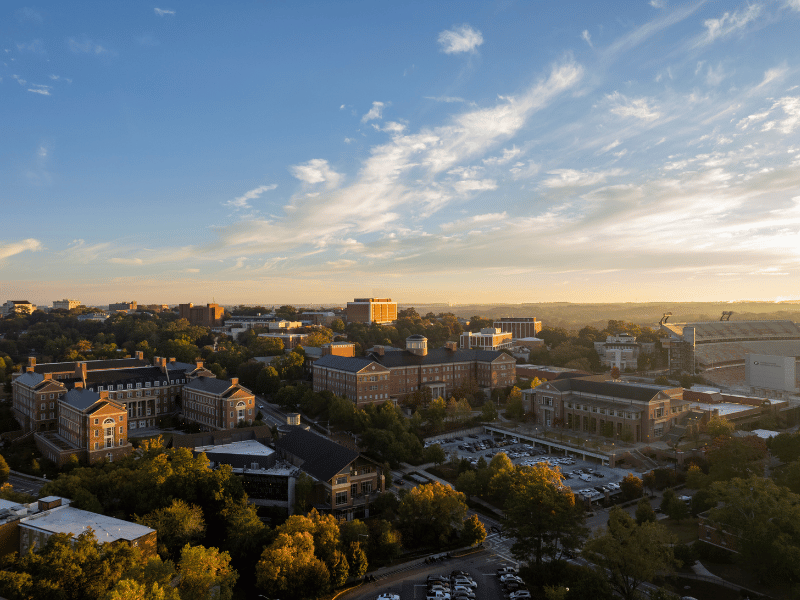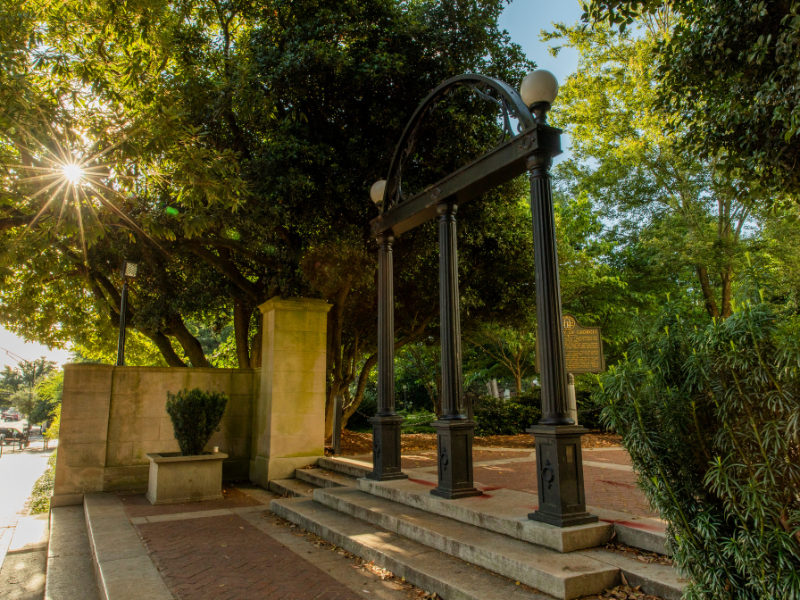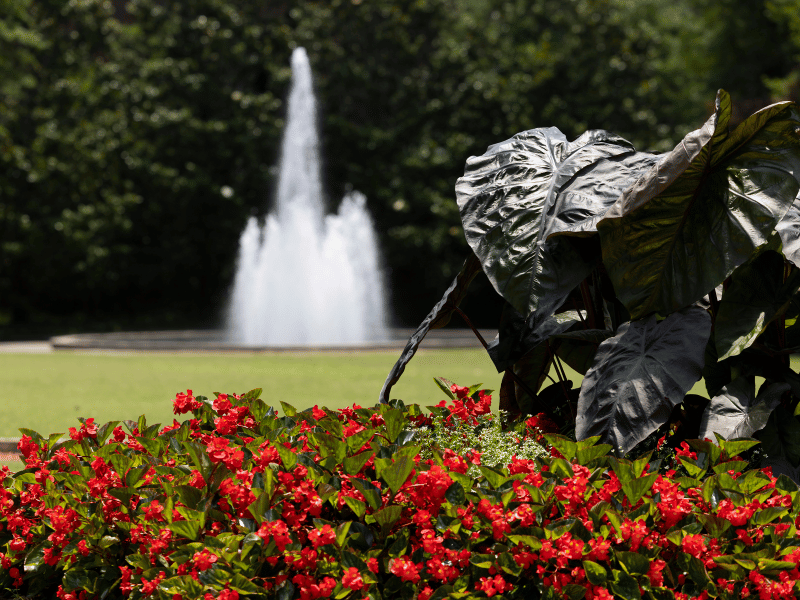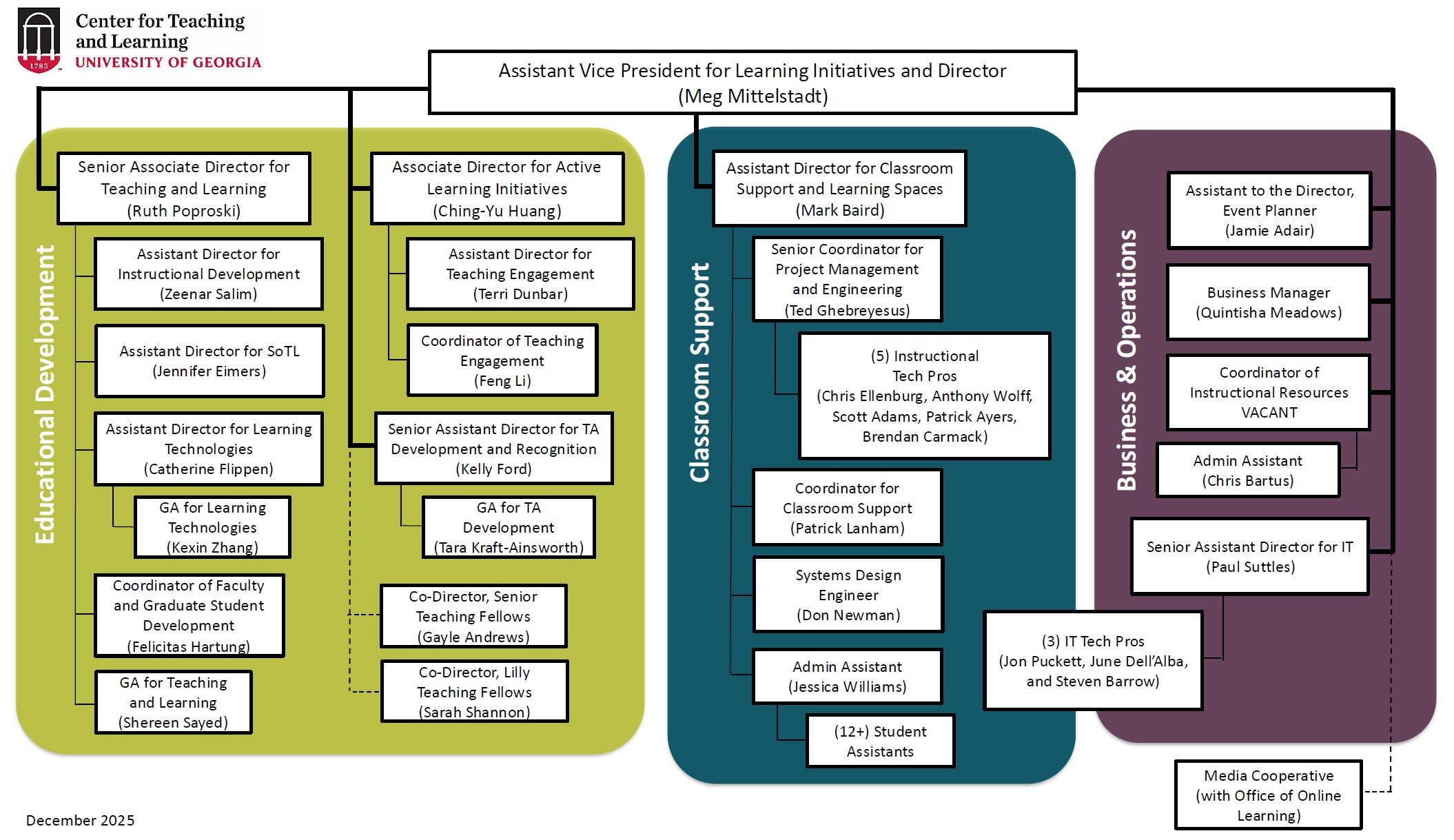Teaching has been a fundamental mission of the University of Georgia (UGA) for over two centuries.
The major responsibility for instruction at UGA lies with the Office of the Senior Vice President for Academic Affairs and Provost. The Center for Teaching and Learning (CTL) is a unit of the Office of the Vice President for Instruction within the Office of the Senior Vice President for Academic Affairs and Provost.
The University of Georgia has been committed to developing instructional excellence among its faculty for more than 40 years. In 1978, Virginia Trotter, Vice President for Academic Affairs, established the Office of Instructional Development; the Office became a physical and functioning part of the university a few months later in 1979 making it one of the oldest institutional units dedicated to developing teaching capacity among its faculty in the nation and the oldest in the state of Georgia. In 1997, the Office of Instructional Development merged with the Instructional Resource Center to become the Office of Instructional Support and Development, bringing instructional technologies, classroom support, and educational development into one collective unit. In 2005, the unit was renamed once again to reflect the evolution of its mission and became the Center for Teaching and Learning.
Mission
The Center for Teaching and Learning seeks to provide support and leadership to foster an institutional climate that reinforces excellence in teaching and learning across the University of Georgia.
The Center for Teaching and Learning (CTL) is devoted to the advancement of instructional excellence and efficacy in pursuit of engaging and transformative learning experiences for all University of Georgia students. CTL partners with faculty, graduate students, staff, and administrators to promote evidence-based teaching and learning practices, sustain a university culture that values and rewards teaching, encourage critical reflection on teaching practices, and create learning environments in which all students and instructors can excel.
Structure
The programs, services, and activities of CTL are clustered within six major areas:
- Faculty Development and Recognition
- TA Development and Recognition
- Classroom and Learning Space Support
- Learning Technologies and Hybrid Instruction
- Scholarship of Teaching and Learning
- Instructional Media Support and Production Services






